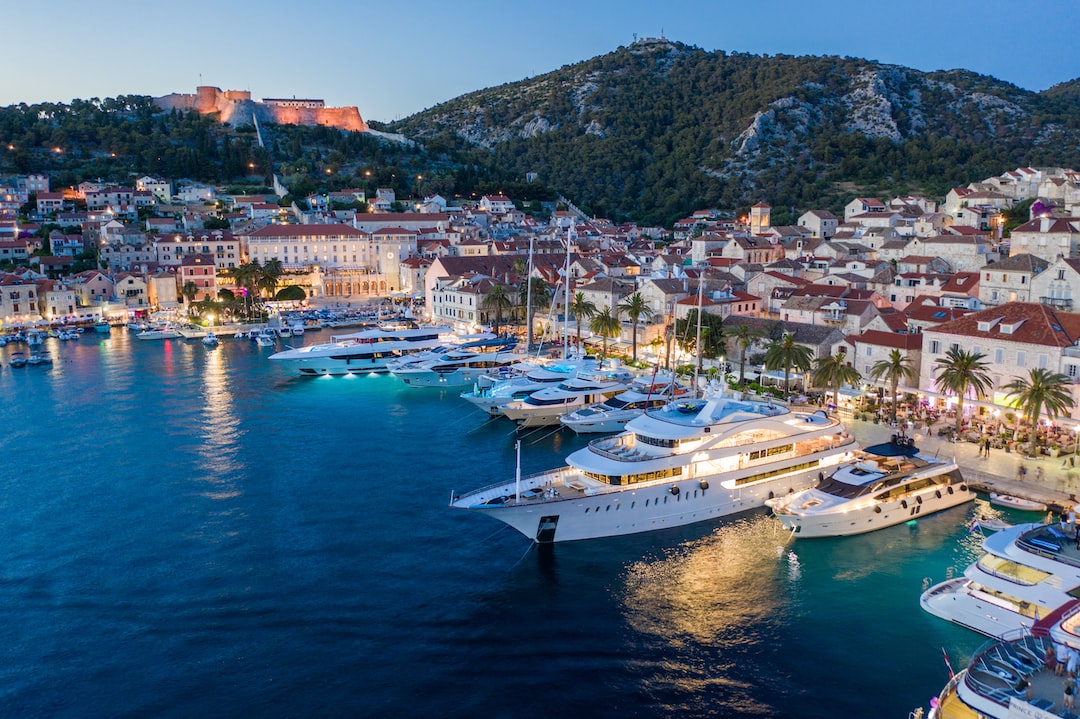Are you planning a wedding and want to make sure it is unique? Croatian weddings are full of fascinating traditions that give your special day an authentic feel.
From engagement ceremonies to post-wedding customs, Croatian wedding traditions can help create a memorable experience for everyone involved.
Explore the different elements of these traditional practices and find out how they can be incorporated into your own ceremony.
Discover what goes on at engagements, learn about meaningful rituals during the ceremony, explore reception ideas, and uncover interesting post-wedding activities – all of which ensure you have an unforgettable Croatian wedding celebration.
Croatian Wedding Traditions
Engagement Traditions
1. The Engagement
Engagement Traditions are an important part of Croatian culture. Proposal customs often involve the groom-to-be asking permission from the bride’s parents before proposing.
This is a way to show respect and honor for both families and a sign of commitment between them.
After receiving approval, the groom will propose to his beloved with an engagement ring.
The exchange of rings symbolizes love and devotion that will last forever.
Pre-Wedding Celebrations are also common in Croatia.
Engagement parties are held by both families to celebrate their union and give them time to get to know each other better before the wedding day arrives.
During these events, traditional music and dancing can be enjoyed while guests enjoy food and drinks together in celebration of this special occasion.
Gifts may also be exchanged during these gatherings as tokens of appreciation for being invited into such an intimate moment in two people’s lives.
Wedding Ceremony Traditions
Croatian weddings are traditionally held in a church or other religious venue, with decorations that reflect the couple’s culture and heritage.
This could include traditional Croatian folk costumes, colorful flowers, or even local art pieces. The ceremony itself is steeped in tradition and symbolism.
2. Venue and Decorations:
The venue of choice for a Croatian wedding is usually a church or other place of worship.
However, some couples opt to have their ceremony outdoors in nature as well.
Regardless of where it takes place, decorations typically represent the couple’s culture and heritage such as traditional Croatian folk costumes, colorful flowers, or even local art pieces.
During the processional ritual at a Croatian wedding ceremony, family members proceed down the aisle first, followed by bridesmaids and groomsmen who carry candles lit from one single flame symbolizing their union.
The bride is then escorted by her father while holding bouquets made of fragrant herbs, which signify good luck for their marriage journey ahead.
Lastly comes the groom, who walks alone but also carries his own bouquet before taking his place next to his bride-to-be at the altar, where they will exchange vows shortly after being declared husband and wife during recessional rituals when guests shower them with rice signifying fertility blessings for their bond together afterward.
Exchange of vows is an important part of any wedding ceremony, regardless if it is held in Croatia or elsewhere around the world. What makes it special here is that couples often recite traditional poetry written specifically about love before exchanging rings with each other, symbolizing eternal commitment towards one another through thick and thin times ahead throughout life together afterwards too.
Reception Traditions
Traditional Croatian wedding receptions are a joyous occasion for all involved.
Food and drinks play an important role in the festivities, with traditional dishes such as sarma (stuffed cabbage rolls), čevapčići (grilled sausages) and burek (savory pastry filled with meat or cheese) being served alongside local wines and spirits.
Music is also an integral part of the celebration, with guests dancing to both modern tunes and traditional folk songs.
Special toasts are made throughout the night, usually by close family members or friends who wish the newlyweds health, wealth and happiness in their marriage.
3. Traditional Food & Drinks
Croatian cuisine features many delicious dishes that make up a typical wedding reception menu.
Sarma is one of the most popular dishes – it consists of minced pork or beef wrapped in pickled cabbage leaves before being cooked in a tomato-based sauce.
Other favorites include čevapčići – grilled sausages typically served on flatbreads – as well as burek, which can be filled with either meat or cheese, depending on preference.
To accompany these savory treats, local wines such as Dingač from Dalmatia region are often served along with various spirits like rakija brandy or travarica herbal liqueur.
4. Music & Dancing Customs
Music plays an important role at Croatian weddings; guests will dance to both modern pop songs as well as traditional folk music known locally as ‘klapa’ which dates back centuries ago when fishermen would sing together while out at sea.
During this time, couples will perform special dances called ‘šetnja’, where they walk around each other while holding hands.
This symbolizes their commitment to each other during marriage life ahead of them.
Additionally, some couples may choose to have live bands playing throughout the evening for added entertainment value.
5. Special Toasts & Speeches
Throughout the night, there will be special speeches given by close family members or friends wishing good luck to the couple for their future together.
These speeches often contain humorous anecdotes about how they met or got engaged, but ultimately end on a positive note encouraging everyone present to raise their glasses towards success.
Afterward, there might even be singing performances dedicated specifically to the bride and groom; these can range from heartfelt ballads sung solo by someone close enough that knows them best all way through group renditions in full choir style.
6. Wedding Superstitions and Customs
For centuries, Croatians have been known to be superstitious, and several wedding customs reflect this. Here are some of the most common superstitions at weddings in Croatia:
-
Something old, something new, something borrowed, and something blue – Many brides in Croatia still follow this tradition today on their wedding day. These four items are believed to bring luck and protection for the couple’s future life together.
-
The bride must wear a veil – According to an old Croatian tradition, the bride must wear a veil during her wedding ceremony as it is believed to protect her from bad spirits.
-
A doll for good luck – It is customary for the bride to keep a small, handmade doll with her throughout the festivities of her wedding. This is believed to bring luck and good fortune to her new marriage.
-
Throwing coins – At the end of the ceremony, coins are thrown over the newly married couple by friends or family members as a sign of good luck and blessings for their marriage.
-
Waving handkerchiefs – During the recessional procession, guests wave white handkerchiefs in front of the newly married couple as they make their way out of the church or hall after the ceremony has ended. This act symbolizes everyone’s wishes of prosperity and joy to them on their journey together into marriage.
Post-Wedding Traditions
7. Honeymoon Customs:
After the wedding, couples often go on a honeymoon to celebrate their marriage.
Honeymoons can range from traditional trips such as beach vacations or cruises to more modern experiences like adventure trips or city getaways.
Some couples may even choose to stay at home and enjoy time together without traveling.
No matter what type of honeymoon they choose, it is important for newlyweds to take some time away from the stress of planning a wedding and enjoy each other’s company in a relaxed setting.
8. Gift-Giving Etiquette:
In Croatia, it is customary for guests to bring gifts when visiting the newlywed couple after they return from their honeymoon.
Gifts should be thoughtful and appropriate for the occasion; household appliances, kitchenware, linens, and furniture are popular among Croatian families.
Guests should also consider giving money if they feel uncomfortable selecting an item themselves; this will allow the couple to purchase something that fits their needs perfectly while still honoring tradition.
Many couples choose to have their marriage blessed by a priest or other religious figure after returning from their honeymoon.
This blessing affirms love between two people who have chosen one another in front of God and witnesses, providing spiritual guidance throughout married life together.
Couples can either arrange for someone close to them – such as family members or friends – to officiate this ceremony or find someone within their local church community who is willing to perform it on their behalf of them both.
Conclusion
Croatian wedding traditions are a unique and beautiful way to celebrate the special day.
From engagement rituals to ceremonies, receptions, and post-wedding celebrations, there is no shortage of ways to honor your union with traditional customs.
Whether you choose one or many of these Croatian wedding traditions will make your big day even more memorable.




